To eat gluten, or not to eat gluten. If you watch what you eat or are on a diet, odds are you’ve wondered whether or not you should cut out gluten products—anything containing wheat, barley or rye. Tons of diets have cut out this food group, but that doesn’t mean it’s bad for you or that you should stop eating it.
The gluten-free fad has sparked debate among health professionals, arguing the pros and cons of gluten in your diet. But many experts can agree that cutting out gluten also cuts out a lot of high fiber and nutrient-rich products too, resulting in the need to ensure these losses are consumed through other foods. So don’t be afraid of the G-word any more.
Check out these 10 facts about gluten and think twice before going gluten-free…
Gluten Doesn’t Cause Weight Gain
With all of the gluten-free diets around, a lot of people automatically jump to the conclusion that gluten is unhealthy and causes you to gain weight or prevents you from losing pounds. Add in celebrities and prominent public figures going gluten-free and more people believe in this misconception as a health fact.
In most situations, gluten doesn’t cause weight gain. In fact, many gluten-free products often contain more carbs and sugar than their glutenous counterparts, which blasts the theory that gluten-free is low-carb and will result in weight loss. Instead, gluten-free could actually add to your waistline.

Foods With Gluten Contain Needed Vitamins
There are so many new, gluten-free products available, and with the trend continually picking up speed, health professionals are starting to see another trend: people who cut out gluten often have vitamin deficiencies. The reason is simple; gluten-free products, especially those that are not naturally gluten-free, contain a lot of chemicals and fillers that you wouldn’t normally find in products with gluten.
The products are often void natural vitamins as well. Many gluten-free foods actually remove the fairly healthy, vitamins and minerals from the products and turn them into something overly processed. And if you watch what you eat, you know that processed foods are generally not good for you.
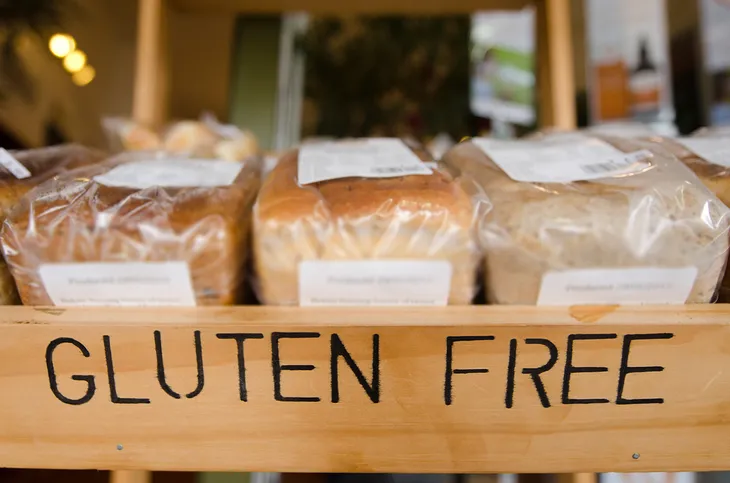
Celiac Disease Is Different Than Gluten Intolerance
There’s been a significant increase in diagnosed gluten intolerance and celiac disease, though why is unclear. It could be that testing is more common and as a result, there are more diagnoses. Or it could be because today’s society consumes more gluten than we used to. Either way, individuals with an intolerance to gluten, deal with a collection of symptoms (i.e., rashes, acne, stomach pains, and digestive problems).
But there’s a difference between a gluten intolerance and celiac disease, which is an autoimmune disorder that prevents those with it from properly processing and digesting gluten. People with celiac disease cannot eat any gluten. Doing so can cause severe health problems.
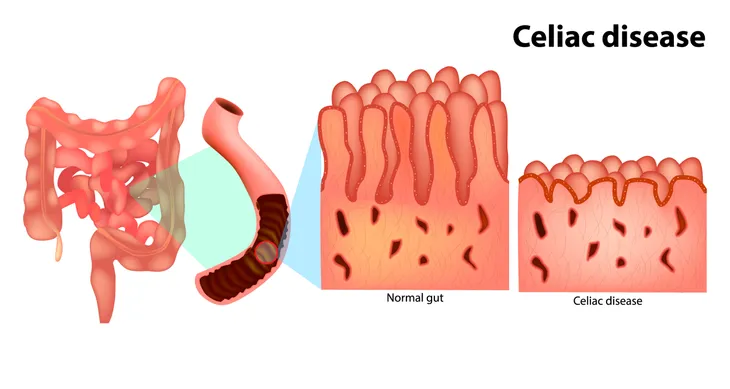
Gluten Can Be Great For You
It’s true, foods like regular white bread don’t have much nutritional value and can add unnecessary carbs to your diet. But not all gluten is useless or a hindrance to weight loss. In fact, some gluten is really good for you. For example, the Mayo Clinic claims that whole grain foods— including those with gluten—are a good source of nutrients and fiber. In fact, “most foods like barley, farro, bulgur, and wheat germ are all good sources of fiber but are not allowed in a gluten-free diet,” says Julie Ching, registered dietitian.
The leading health organization recommends that adults get three servings of whole grains daily as part of a healthy, balanced diet. So if you’re thinking of going gluten-free, make sure you get lost nutrients and fiber from other foods.
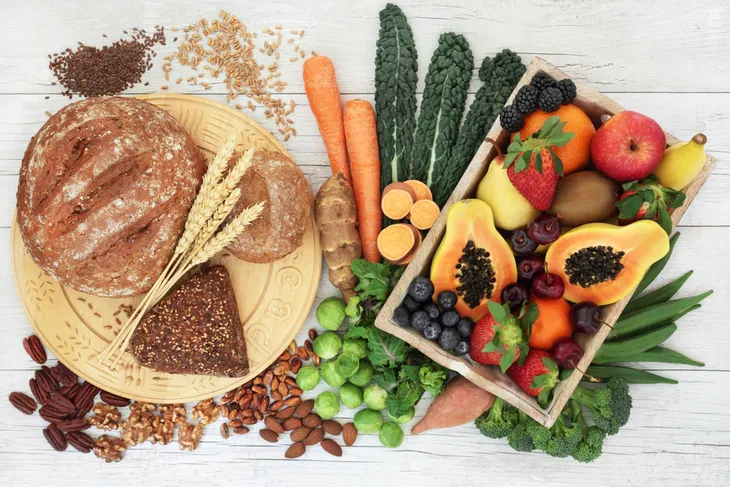
Gluten Is A Source Of Protein
We all need protein in our diets and many of us get it through eating products that contain gluten. Gluten provides a good, natural source of protein that can contribute to a healthy diet. Common foods that contain gluten include bread, cereal, oats, couscous, and pasta.
A lot of whole grain foods also contain gluten and are extremely good for your health. It can be difficult to get your daily recommended servings of protein if you don’t eat gluten, so unless you have celiac disease or have a gluten intolerance, there isn’t any convincing health reason for you to cut gluten out of your diet.

Gluten-Free Doesn’t Mean Healthy
Food companies have answered consumer demands for gluten-free products, but that doesn’t mean cutting out gluten from your diet is necessarily healthy. And those who do go gluten-free often struggle to eat a balanced diet, putting them at risk of different kinds of nutritional deficiencies.
It can be really difficult to follow a gluten-free diet while maintaining a balanced diet overall. In order to be healthy when avoiding gluten, you need to get vitamins and minerals from other sources, which can be difficult if you don’t know a lot about nutrition. This lack of understanding can actually make a gluten-free diet very unhealthy for the average person.
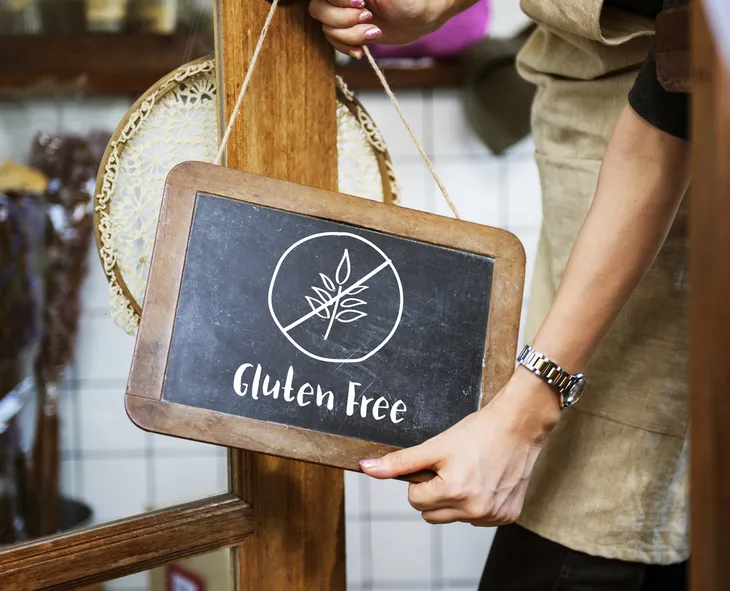
Gluten Keeps You Full
If you constantly feel hungry and snack all day long, you’re likely not getting enough protein or fiber in your diet. The good thing about gluten is that it can keep you full for longer—gluten is a protein and many of the products gluten is found in have fiber to satisfy hunger and keep you full.
A lot of people who cut out gluten struggle with feeling hungry, which can lead to unnecessary snacking, overeating, prevent weight loss, and cause an imbalance in an otherwise healthy diet. So instead of cutting out gluten completely, it’s worth having a healthy snack that’s high in fiber and contains gluten, vitamins, and minerals.

Gluten Isn’t Harmful
A lot of things have contributed to the mentality that gluten is harmful to your health. Celebrity endorsements, as well as the availability, increase and marketing of products that are gluten-free, has led many to believe that foods with gluten can negatively impact your health.
It’s bad enough that many people think gluten-free products are automatically the healthier option when many are stripped of nutrients and fiber, but the misconception that gluten is actually harmful to your health has caused unnecessary and unbalanced diets. Like all things, moderation is key to a well-rounded, healthy diet, including moderate gluten consumption.
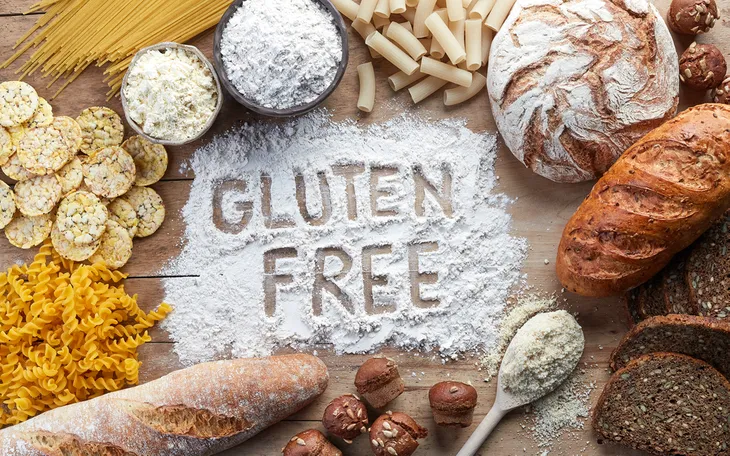
Gluten Isn’t In All Grains
It can be confusing if you have a gluten intolerance or for other health reasons have to remove gluten from your diet, since many people don’t understand what gluten really is and what it’s in. Although bizarre, it’s not uncommon for people to think things like rice and corn contain gluten.
Other grains, especially whole grains, are necessary for a healthy, balanced diet, and can help reduce the chance of diabetes and cardiovascular disease. But the gluten-free fad—and in turn, people who aren’t very well-informed—has spurred a lot of other health problems. If you are going gluten-free, make sure to get your whole grains from other sources.
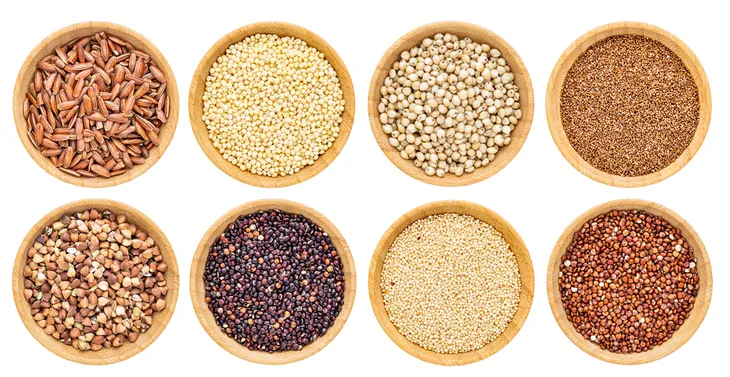
Gluten Is Great For Baking
Your favorite dessert, whether it’s a type of cookie, pie, or cake, is likely so good because of the role gluten has in baking. The rise, structure, thickening, and texture that results in a delicious dessert comes from the flour, and the flour contains gluten. If you’ve ever had gluten-free desserts, you’ve likely noticed that the consistency is different—it’s thicker, heavier, and sometimes crumbly.
That’s because gluten-free flours can’t replicate what wheat flour does when baked. Gluten-free desserts are often much higher in sugars and carbs, which means it doesn’t make sense to bake that way unless you have a health issue.
